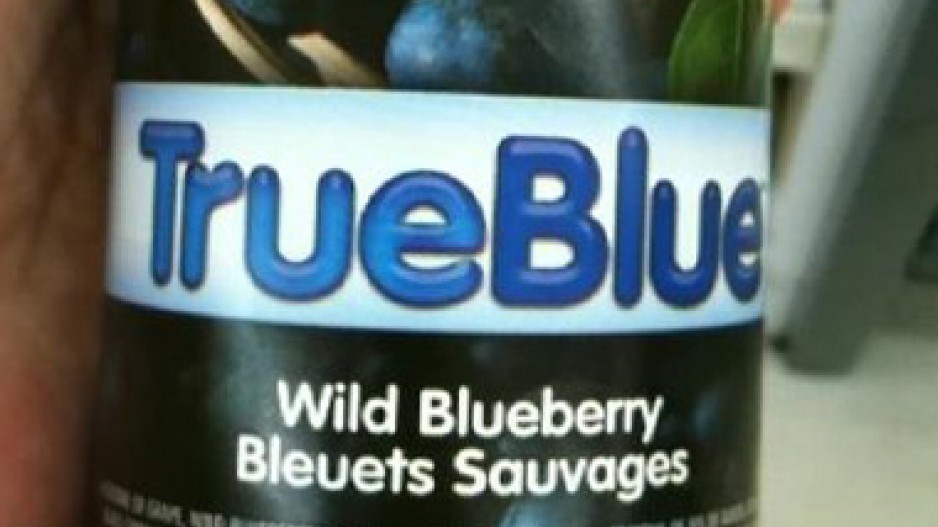Vancouver blueberry juice maker Leading Brands, Inc.’s (Nasdaq:LBIX) shares jumped more than 17% to US$4.16 on May 9, after the company announced that it would buy back US$800,000 worth of shares using a seldom used structure called a Dutch auction.
Leading Brands CEO Ralph McRae told Business in Vancouver that he has believed for the past couple years that the market has undervalued his company, which has a market capitalization of US$13.5 million.
“In the turmoil of the markets in the past three or four years, companies that are in the smaller capitalization range haven’t got much attention,” he said. “With the buy-back program we can return to the treasury what we think is an undervalued asset.”
Leading Brands’ share buy-back will come at prices between US$4.1 and US$5. Shareholders can say at what price in between those two points they want to sell their shares. The company will then buy a maximum of 195,122 shares at a fixed price.
“If you tender your shares at US$4.10 and someone else sells at US$4.40 and someone else sells at US$4.50, you won’t be penalized for going low,” McRae said. “There will be an arithmetic formula for us to buy all shares at the same price.”
The risk for those who say they want to sell their shares at the high end of the range is that the company may not buy them.
The maker of TrueBlue branded drinks last month reported that both sales and profit increased last quarter.
The company lost $82,000 in 2010 largely because of compensation to shareholders. In 2011, it generated a $1.55 million profit.
Sales dropped 3% to $19.46 million in 2011 compared with $20.05 million in 2010 because the company pared back sales of a licensed beverage brand.
Some sales growth has come from selling TrueBlue-branded blueberry juices in China through a third-party.
“We haven’t gone in and established factories or anything but we find that there’s a market in China for our products when we give the consumer quality that they can’t otherwise expect from domestic products,” McRae said. “We sell the juice to a partner out of the Port of Vancouver and they resell into China.”•




